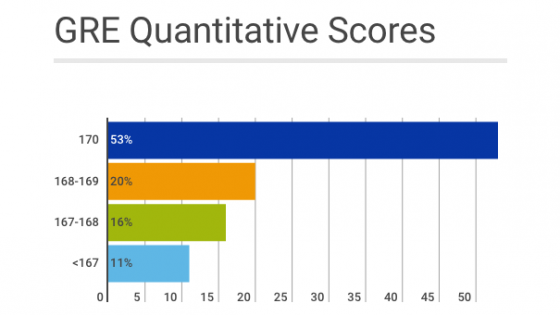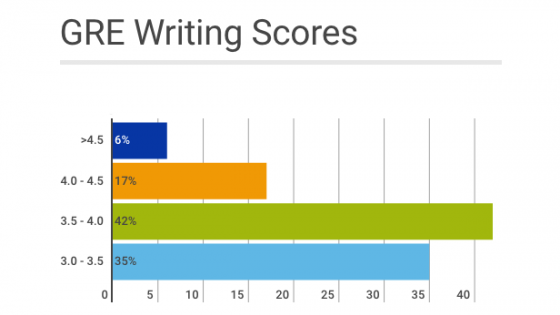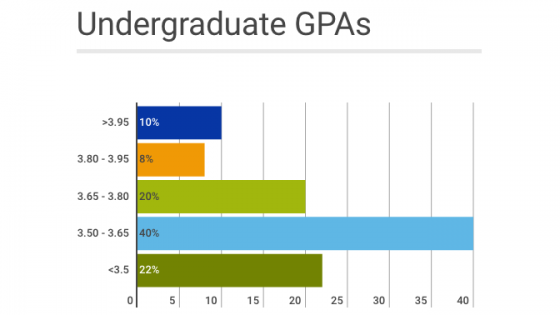Applicant Qualifications
An undergraduate degree in economics is not required for any of our programs; however, we do expect an understanding of basic economic principles. The only absolute requirement is that entering students have a full calculus sequence (either calculus II or calculus III, depending on their undergraduate institution’s structure) prior to enrolling. International applicants should indicate corresponding courses in mathematics or mathematical economics.
M.A. Economics (MAE): Prospective students should be prepared to enter a quantitatively rigorous program.
M.A. Analytical Political Economy (MAPE): Prospective students will find an undergraduate background in political science and/or economics to be helpful.
M.S. Economics & Computation (MSEC): Prospective students will find an undergraduate background in computer science and/or economics to be helpful.
M.S. Quantitative Financial Economics (MQFE): An undergraduate degree in economics or finance is not required; however, a strong quantitative background is essential. Students entering this program are expected to have taken courses in multivariable calculus, linear algebra (including differential equations) and probability and statistics. A background in programming (ideally Matlab or R) is preferable. This program is not accepting applications for 2023.
Admissions Statistics & Demographics
Our recent admitted classes of master's students are diverse groups spanning various educational backgrounds, workplace experiences, and countries of origin.
The Graduate School also provides a year-by-year statistical summary our master's programs' past admissions and enrollment. Visit these links for more information on offers of admission and matriculation according to demographics:
The following statistics do not change significantly on a rolling time-series basis.





